21 provinces, 34 cities, 64 teams—this summer ignites a blazing fire.
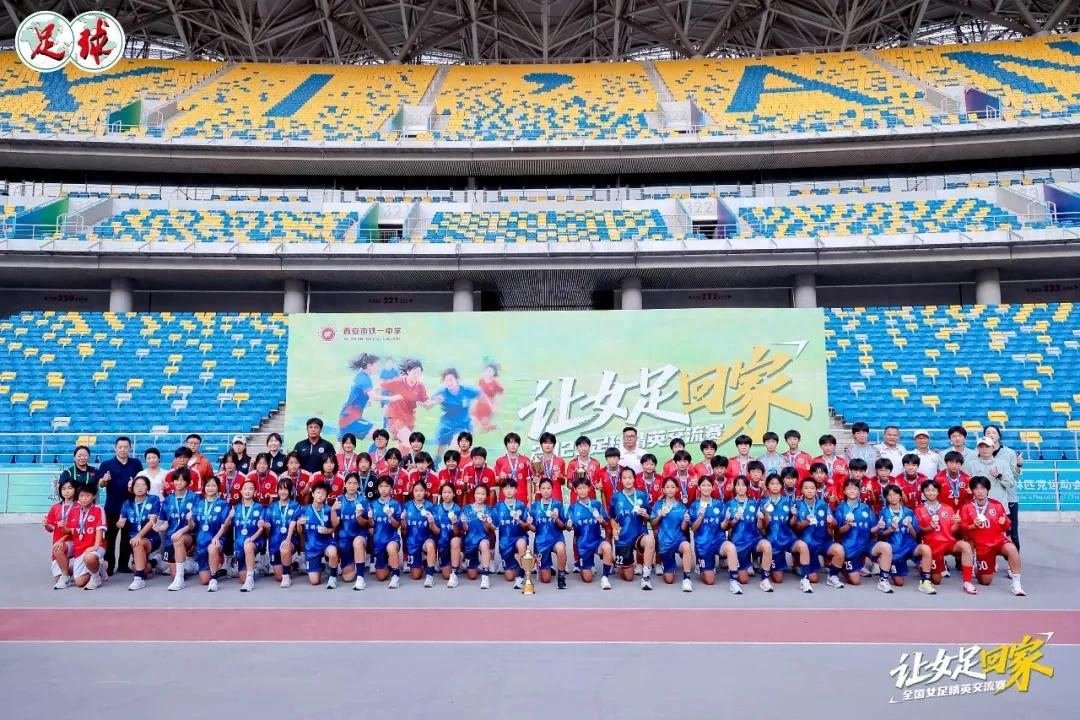
Reported by Chen Yong. This summer, from Xi’an in Shaanxi to Nansha in Guangzhou, from Qidong in Jiangsu to Hengyang in Hunan, and further to Guiyang, Bijie, Zhangjiakou, and Shangluo... what connects all these places is the inaugural “Bring Women’s Football Home” National Women’s Football Elite Exchange Tournament and the second Centennial Schools Football Elite Exchange Tournament (hereafter referred to as the Centennial Schools Cup) across the elementary, middle, and high school divisions.
This is a high-level competitive platform, widely praised for its excellence, but it goes beyond that: on and off the field, it fosters experience sharing, master classes led by football legends, in-depth discussions on development systems, and effective coordination among cities. These two tournaments have become a seedbed for Chinese football.
With 64 teams from 43 cities across 21 provinces, municipalities, and autonomous regions playing 184 matches, this spark is now turning into a wildfire.
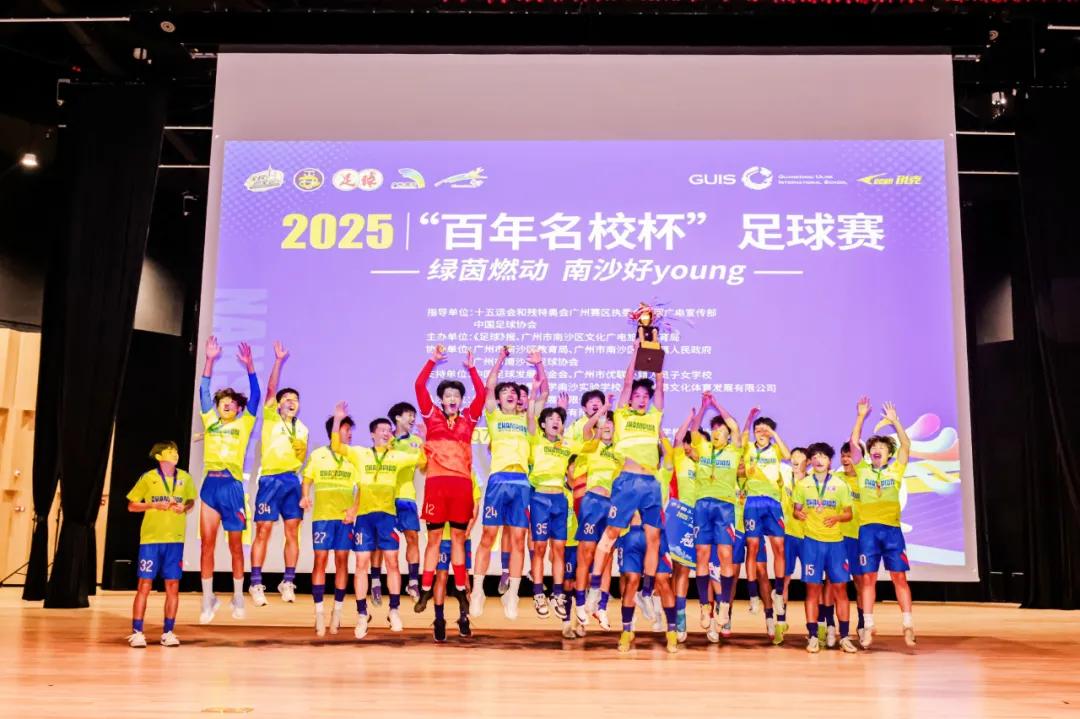

In the summer of 2025, the Football Newspaper hosted two youth football events: the first “Bring Women’s Football Home” National Women’s Football Elite Tournament held in Xi’an, Shaanxi Province; and the second Centennial Schools Cup, with the high school division in Nansha District, Guangzhou, the elementary division in Qidong, Jiangsu, and the middle school division in Hengyang, Hunan.
Together, these two tournaments featured 64 teams with over 1,000 players competing in 184 matches. Notably, the 64 teams came from 34 cities in 21 provinces, municipalities, and autonomous regions, while the two editions of the Centennial Schools Cup included 88 teams from 36 cities across 22 provinces, municipalities, and autonomous regions.
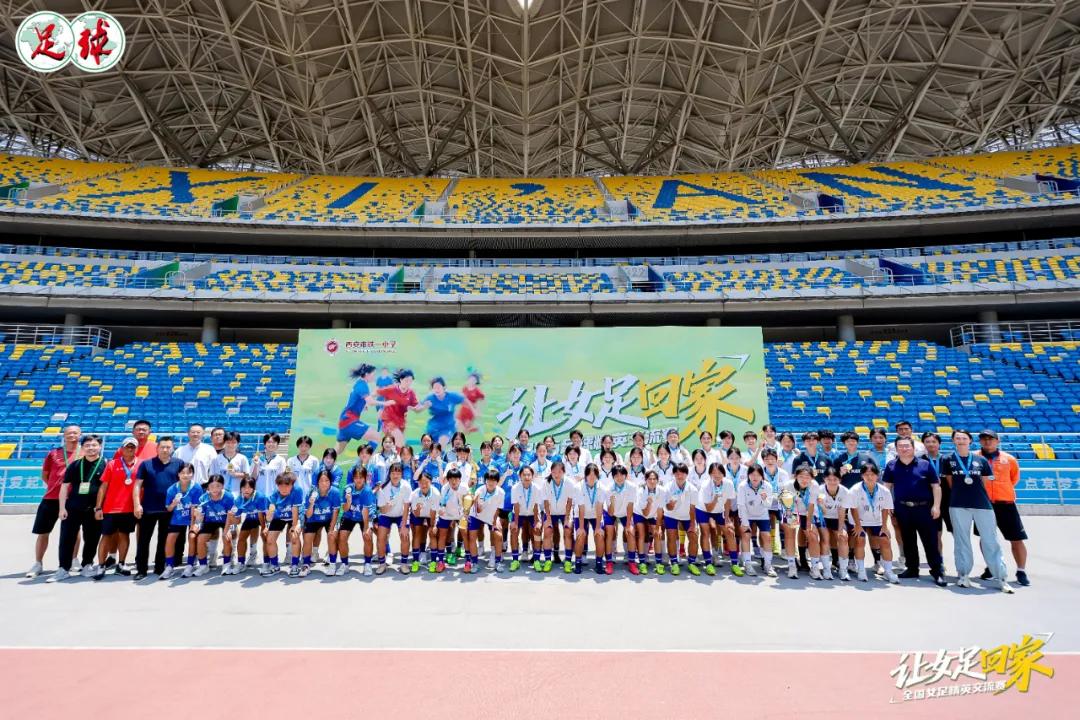
Yali High School in Changsha won the Centennial Schools Cup high school division championship; Guangzhou No.5 Middle School took the middle school division title; Taohuayuan Elementary School in Nanning claimed the elementary division crown; Suzhou Sports School won the “Bring Women’s Football Home” high school division; and Shuangliu Tanghu Middle School in Chengdu captured the “Bring Women’s Football Home” middle school championship.
Even more touching than the results is the children’s passion and perseverance for football: Building on Guangxi’s comprehensive professional football development, Taohuayuan Elementary School showcased the spirit of Guangxi’s school football. In Hohhot’s Saihan District, Xilinnan Road Elementary sent younger teams because their fifth and sixth graders were preparing for provincial competitions. Despite multiple losses, the young players remained undaunted and ultimately won their placement matches for 13th to 16th place, with smiles lighting up their faces. The girls’ team from Xiapu No.1 Middle School in Ningde faced Typhoon Danas the night before departure, urgently revising travel plans. The children woke at 5 a.m., took a nearly 300-kilometer bus ride to Nanping, then a high-speed train to Xi’an, arriving at 10 p.m. after about 17 hours of travel. “The journey was tough, but the kids realized the world is bigger once you step out,” said Gao Wen, vice principal of Xiapu No.1 Middle School.
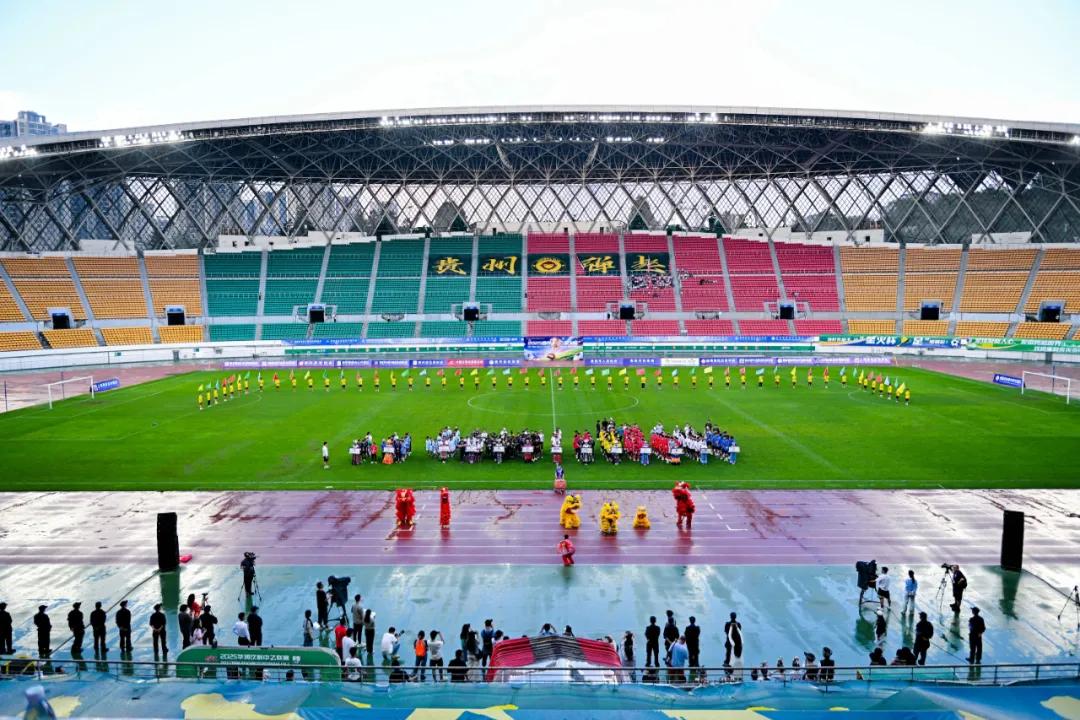
This summer, you’ll discover many “little-known facts” about football in underdeveloped regions: Guizhou Province has produced more national team and professional players than expected; Hunan’s school football ranks among the nation’s best, with four teams reaching the top 32 in the U13 boys’ category of this year’s Youth Championship, second only to Guangdong; Fujian’s school football is impressive, with Xiamen Renmin Elementary shining in both editions; Jiangxi’s football is rapidly advancing, with Nanchang No.2 Middle School (Nanchang Hongcheng Junior Football Team) performing well in the Centennial Schools Cup middle school competition—they were actually runners-up in the 2024 U13 boys’ Youth Championship.
These stories and “little-known facts” differ greatly from professional football and youth training we are familiar with. Thanks to the Centennial Schools Cup, these sparks have illuminated the map of Chinese football.
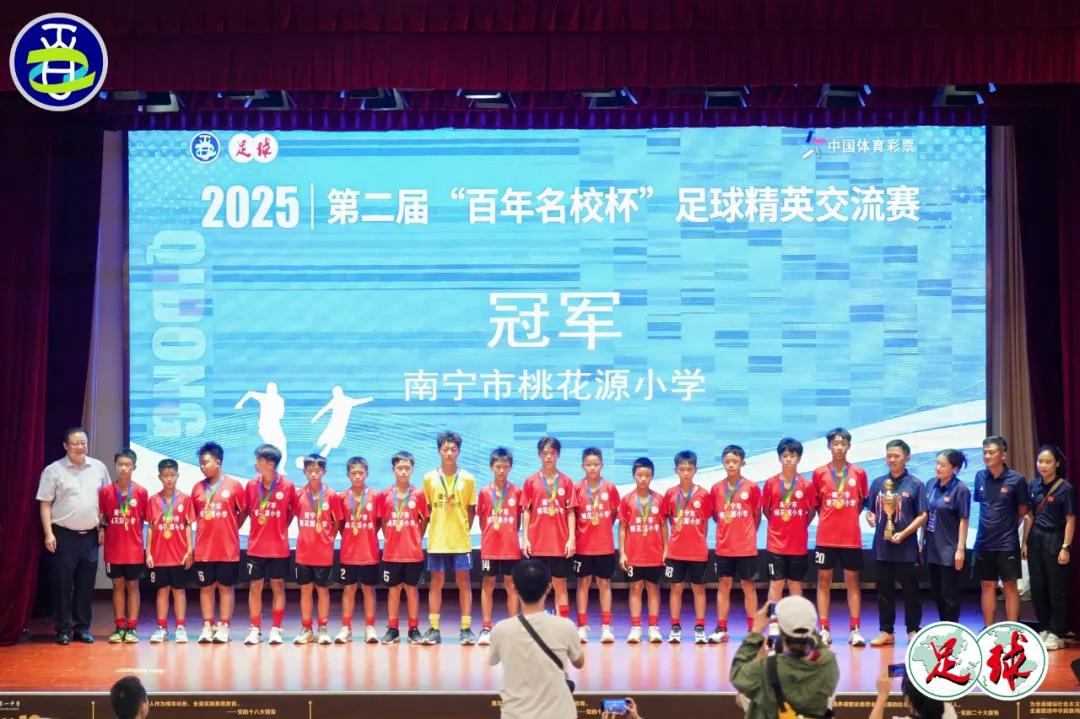

At the Centennial Schools Cup elementary division, Principal Chen Zhihui of Qidong No.1 Middle School was present at the venue every day. Is the principal personally overseeing the event? Partly yes, partly no. “On one hand, I check on the arrangements, but more importantly, I enjoy watching the kids play. I like football myself, and the children play very well,” Chen said. He believes this Centennial Schools Cup will undoubtedly promote football development in Qidong on multiple levels.
The elementary division of the Centennial Schools Cup concluded on the afternoon of July 27. That evening, Beijing Zhongguancun No.1 Elementary School connected with Zhengzhou Zhengshang Road Elementary School, and they played a friendly match on the morning of the 28th before both teams headed home that afternoon.
After the match between Changsha Yali Foreign Language School and Nanchang No.2 Middle School, Nanchang player Wang Yuhao said, “This is our fourth loss to Changsha Yali, but also the closest and most intense game between us. If we get a chance to join the next Centennial Schools Cup, our goal is to beat them and win the championship.”
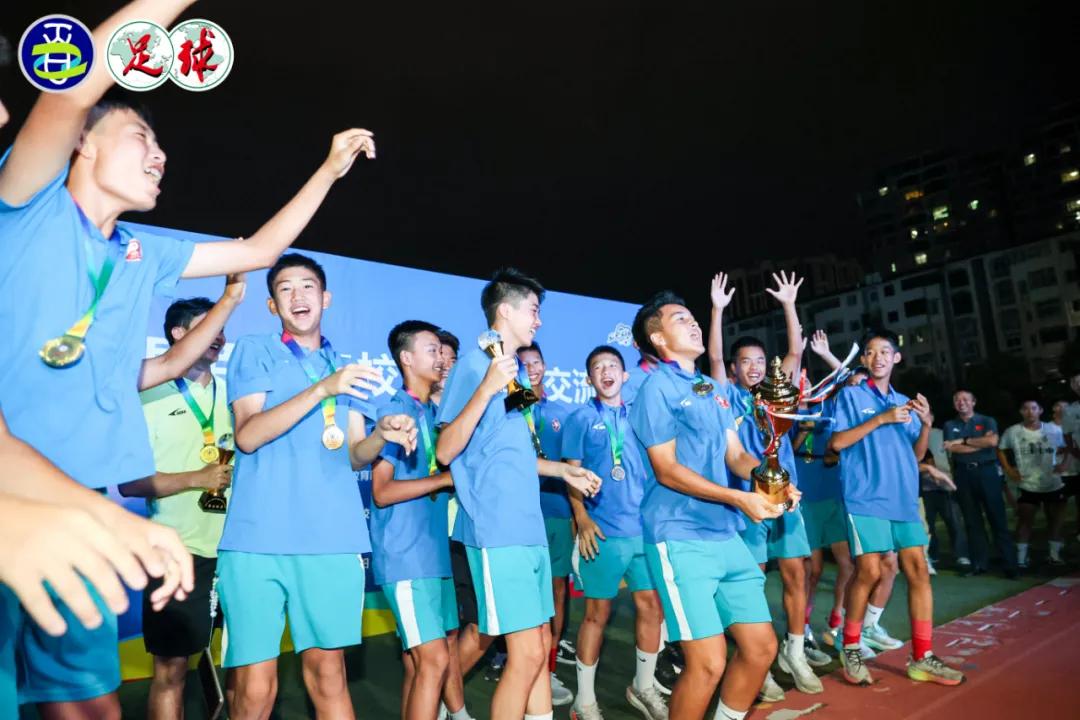
The Centennial Schools Cup middle school final was between Changsha Yali Foreign Language School and Guangzhou No.5 Middle School. Yali Foreign Language narrowly lost 0-1. Five years ago, they met in the 2020 China Middle School Football Championship final, where Yali won 3-2. “We appreciate having a top-level campus football event like the Centennial Schools Cup, which provides excellent development opportunities for players,” said Guangzhou No.5’s head coach Zhao Shaowei.
Zhangjiakou Ice and Snow Sports School participated with a “wild card” and was the only sports school team in the middle school division. Before national policies were issued, this school pioneered a “3+4” integrated system linking sports school to undergraduate university education, attracting attention from other teams. Assistant coach Pu Weitong of Chengdu Huaxi Middle School and team leader Wang Youzhi of Hefei No.50 Middle School East Campus said this model could secure more educational resources and effectively supplement the existing “631” system and university football programs.
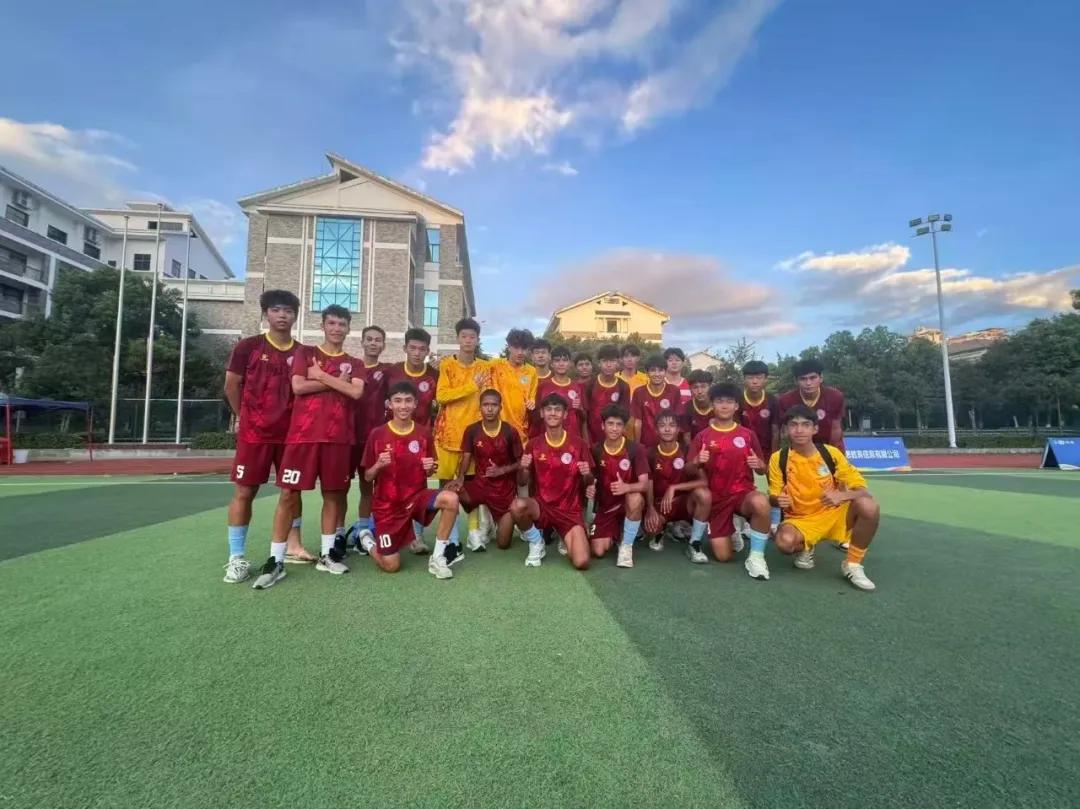
During the “Bring Women’s Football Home” tournament, the Football Newspaper held a women’s football development seminar. Former interim women’s national team coach Wang Haiming, ex-star Gao Hong, Wuhan Chegu Jiangda head coach Chang Weiwei, and Licheng No.2 Middle School coach Li Jinhu participated and expressed hopes for women’s football growth. During the Centennial Schools Cup, well-known coaches Jia Xiuquan and Li Zhangsu led master classes, offering insights on youth football development.
Throughout the events, the Football Newspaper provided comprehensive profiles of all 64 teams, including their youth football development models. For example, the elementary division’s overall approach, tactical concepts, team building, coach allocation, and competition systems were systematically summarized, becoming an exemplary model for elementary school football development.
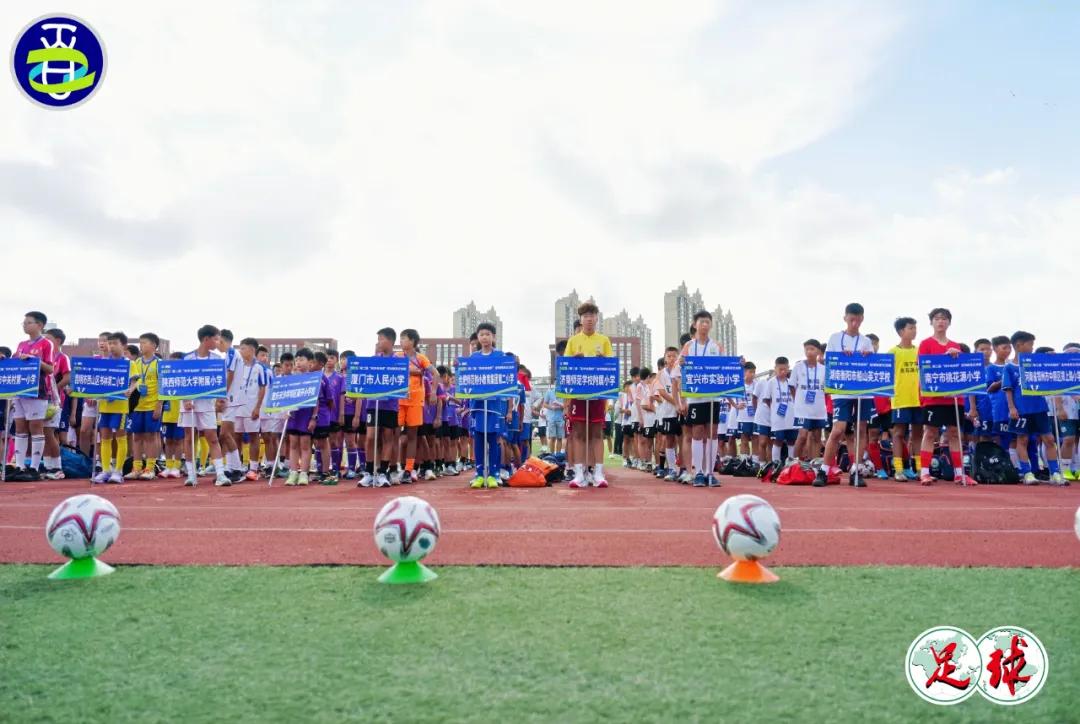

On July 21, the day before the Centennial Schools Cup elementary division began, Lu Haifeng, director of Qidong Education and Sports Bureau, made an urgent decision: on the afternoon of the 22nd, he convened a “Qidong Football Development Planning Seminar” with heads from education, sports departments, the local football association, key school principals, and coaches. Li Zhangsu and the Football Newspaper were invited to offer advice. Li emphasized education as a vital support for football, noting Qidong’s natural advantage as an education hub. Attendees exchanged views on competition systems and training philosophies. Lu said this event and meeting mark an important milestone in Qidong’s football development.
One month after the Centennial Schools Cup high school division (Nansha) concluded, on August 23, the 2025 Guangdong Football Super League season opening ceremony and first match took place at the Greater Bay Area Cultural and Sports Center in Guangzhou Nansha District. The opening match featured the Nansha Bay Youth Team against Wuchuan Youth Team, marking another football celebration in Nansha. Leveraging the “Guangzhou Nansha Deepening Comprehensive Cooperation Plan for Guangdong-Hong Kong-Macao,” Nansha football is rapidly advancing, aiming to “overtake on the curve.”
After fully understanding the “3+4” integrated system, He Xuefeng, member of the Hengyang Education Bureau Party Committee and deputy director, said, “We fully support Hengyang No.20 Middle School (Chuanshan English School) in applying for the ‘3+4’ system and will provide full policy support.” He also mentioned plans for Hengyang to visit Zhangjiakou for learning.
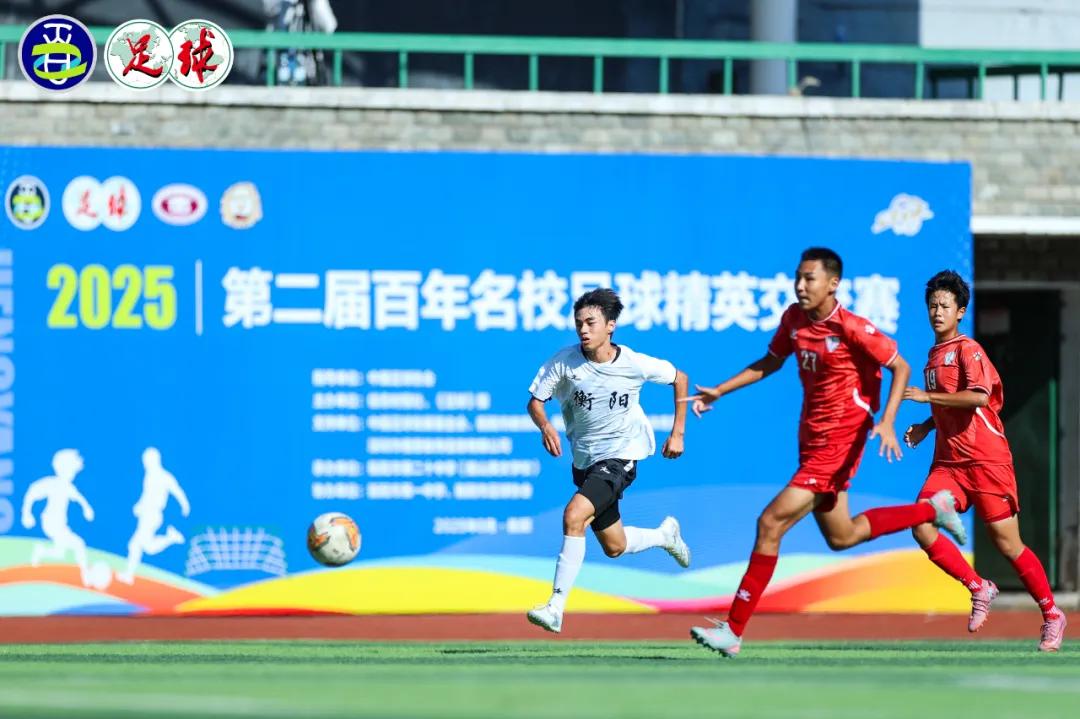
Everything stems from a wonderful connection: although the Centennial Schools Cup middle school division was held in Hengyang, the main players were school teams from Guangzhou, Changsha, Nanchang, and Xi’an. Many Hengyang spectators came to watch the match between Changsha Yali Foreign Language and Nanchang No.2 Middle School. Upon inquiry, it turned out their children played for those teams—six players from Hengyang on Nanchang No.2, and five on Yali Foreign Language. This filled Hengyang people with pride and bittersweet feelings, strengthening their resolve to improve the integration system and let local children play football safely at home.
Moreover, during the competition, Guo Zhiwei, vice chairman of Zhangjiakou CPPCC and director of the Sports Bureau, visited Hengyang. Zhangjiakou plans to host events leveraging the unique climate of Chongli Winter Olympic Village—when Beijing swelters in heat, Chongli, just an hour by high-speed train from Beijing, enjoys temperatures between 18 and 25 degrees. Zhangjiakou aims to fully develop its sports event economy.
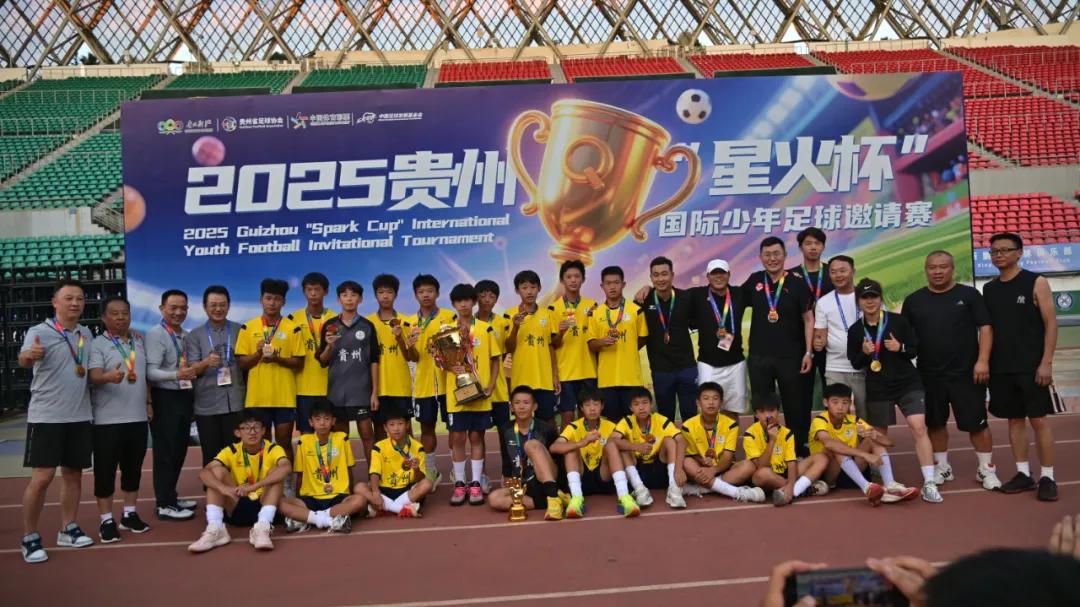
This aligns with Guizhou Province’s approach. During two visits to Guizhou football coinciding with the Centennial Schools Cup middle school matches, Li Zhangsu traveled directly from Hengyang to Guiyang. Their plan relies on the local cool climate to vigorously promote the sports event economy, especially “summer training and competitions,” as a key to Guizhou’s football development.
During the “Bring Women’s Football Home” tournament, Shangluo City in Shaanxi invited the Football Newspaper for exchanges. Guizhou, Zhangjiakou, and Shangluo all expressed interest in hosting the Centennial Schools Cup. Additionally, Guangxi, Hebei, Guangzhou, and other provinces and cities showed enthusiasm. Guangdong Yingde, known as the “Hometown of Chinese Women’s Football,” has a special affection for the national women’s elite tournament.
According to Chinese football legend Qu Chuliang, the Centennial Schools Cup is a seedbed focused on nurturing new talent, expanding the grassroots base, and strengthening cultural construction. “I hope these seeds can take root in the soil, grow into towering trees, and influence Chinese football for decades to come,” Qu said.
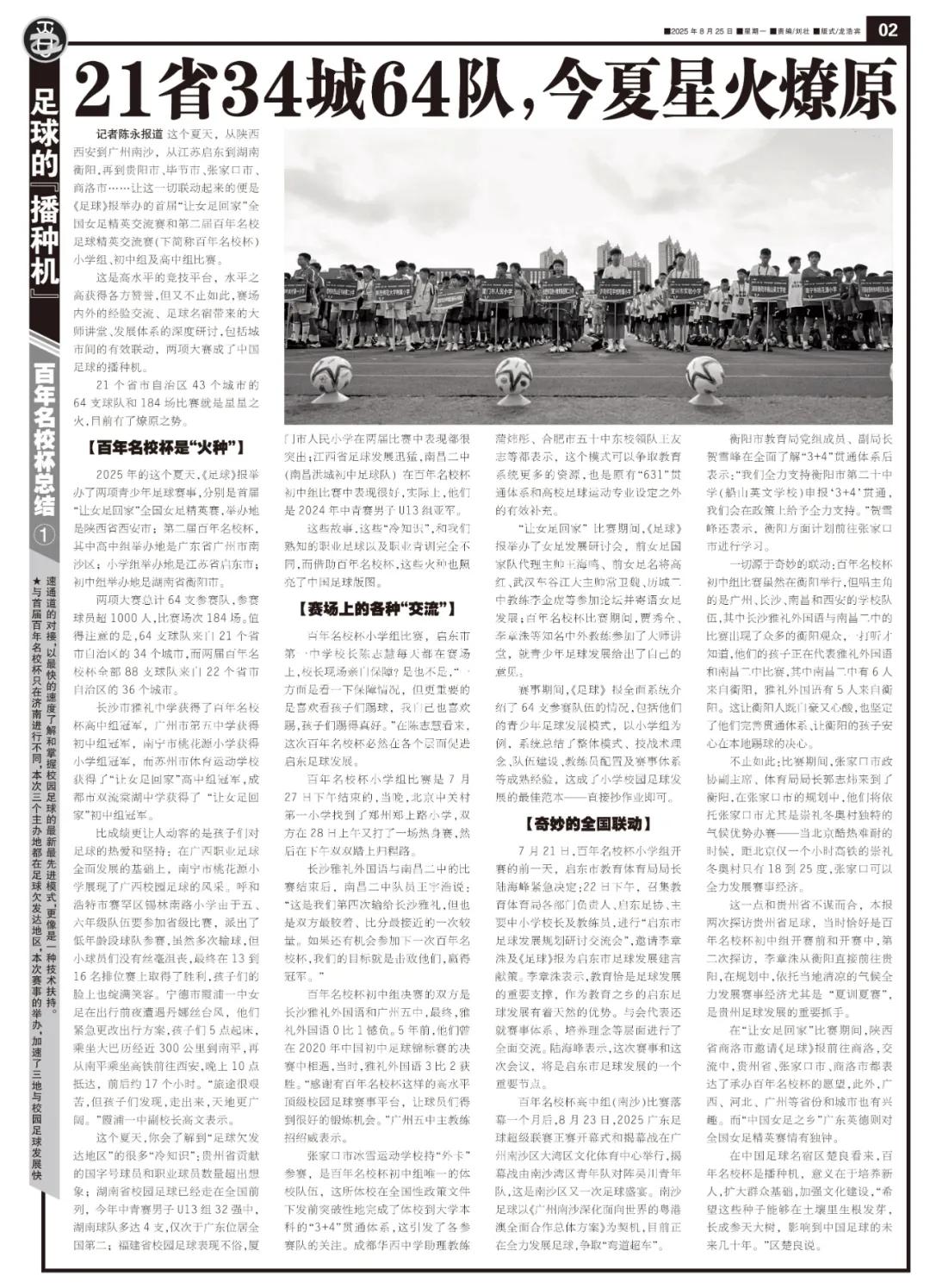










 Links
Links
 Contact
Contact
 App
App


